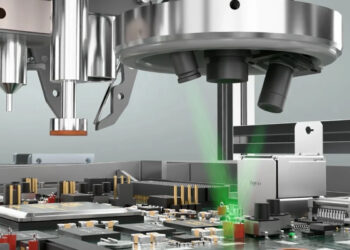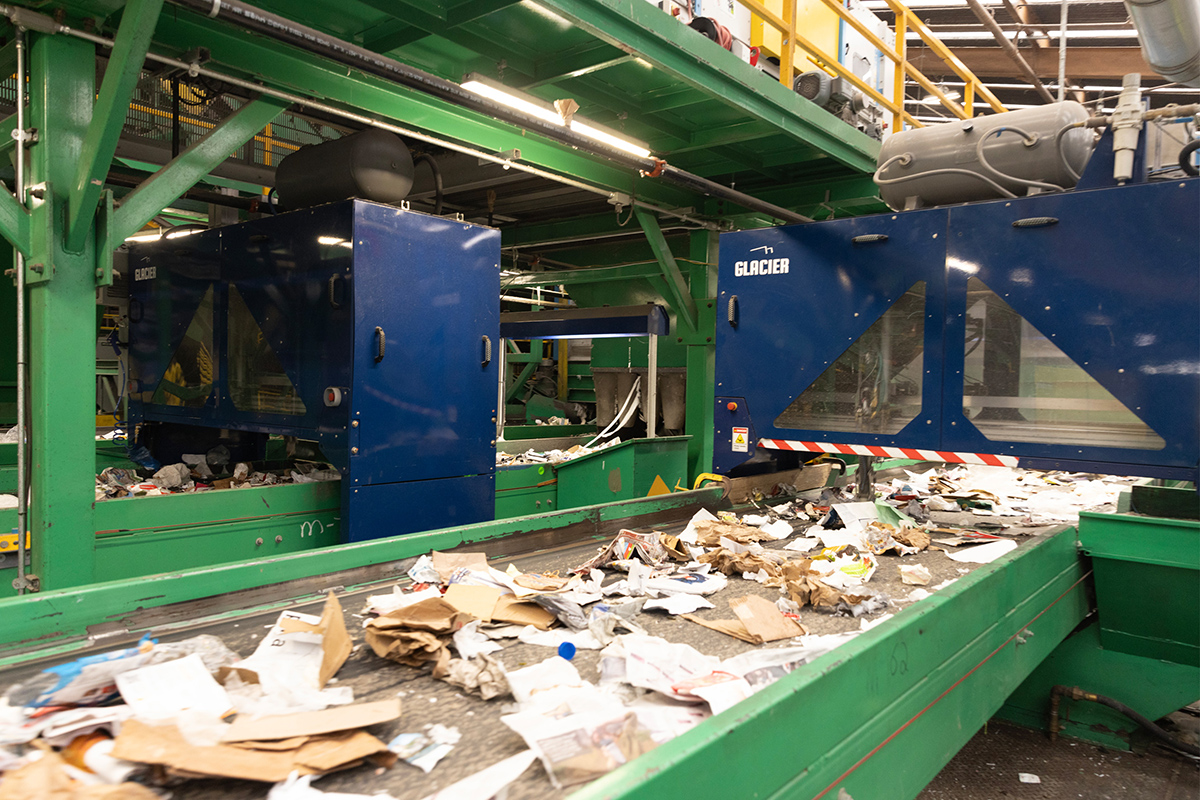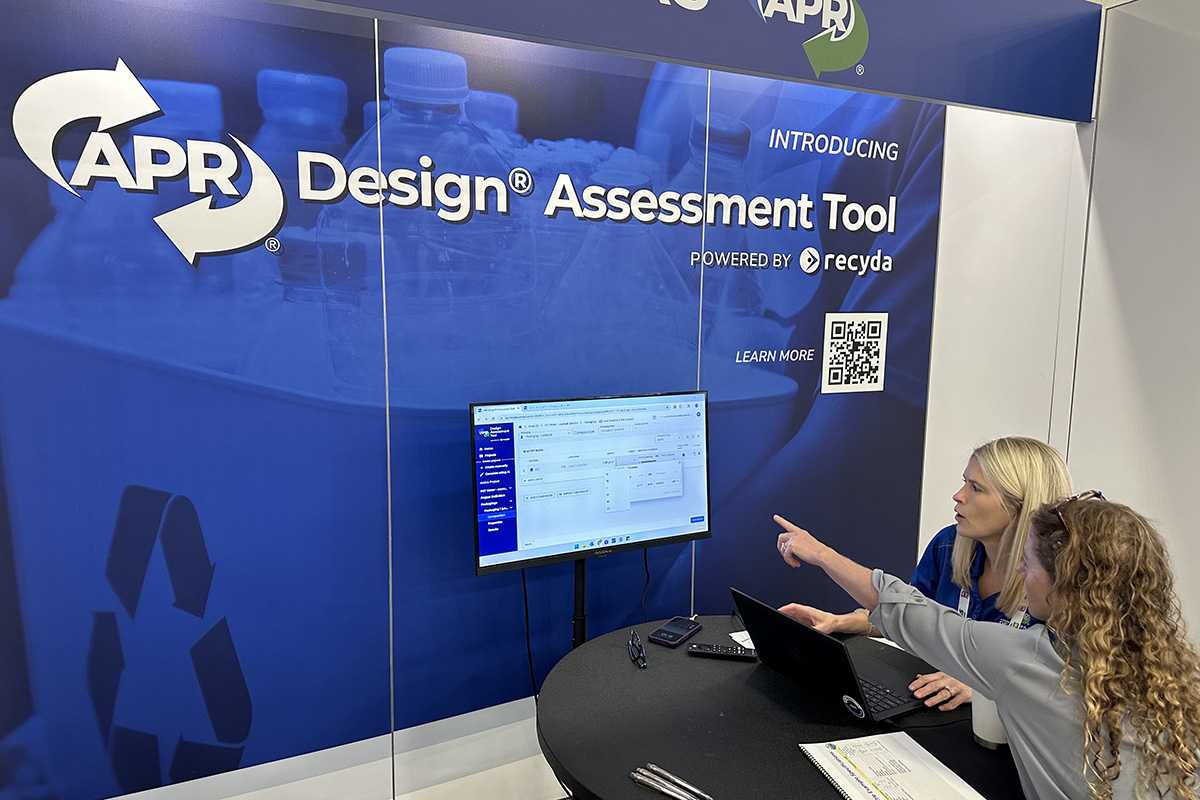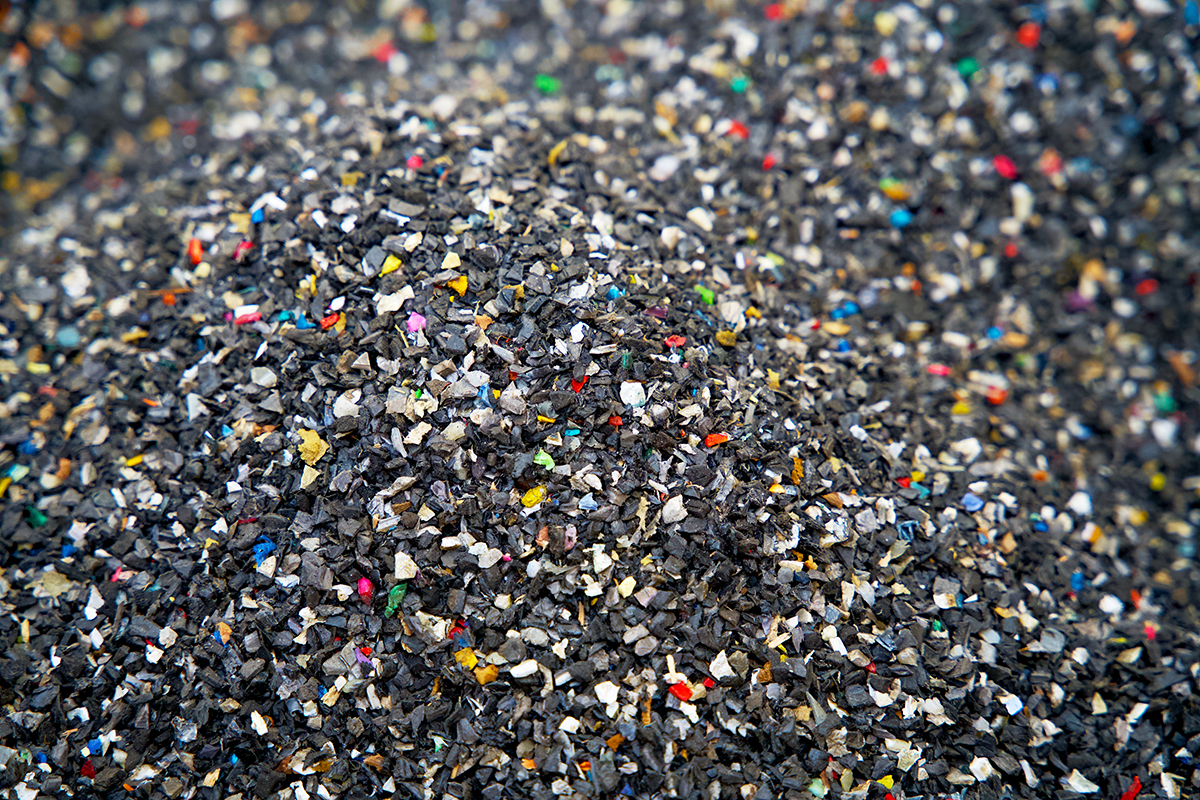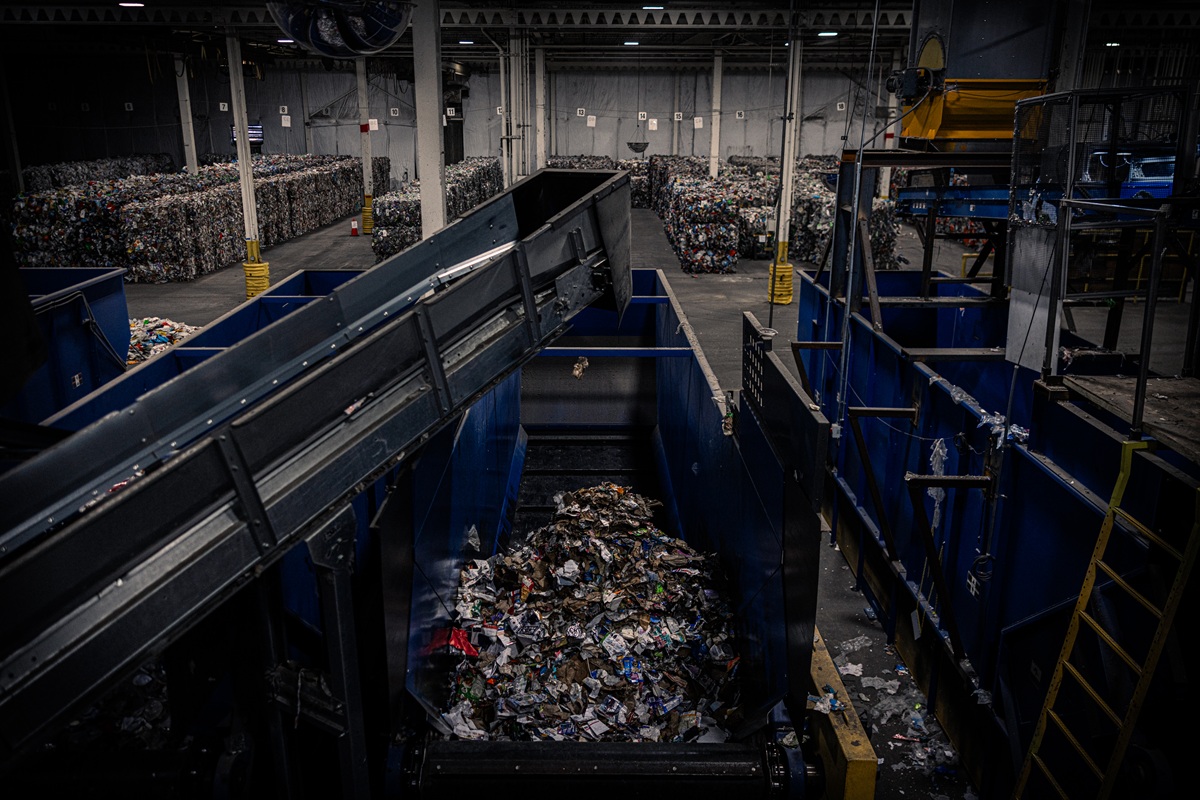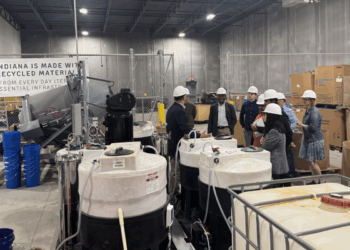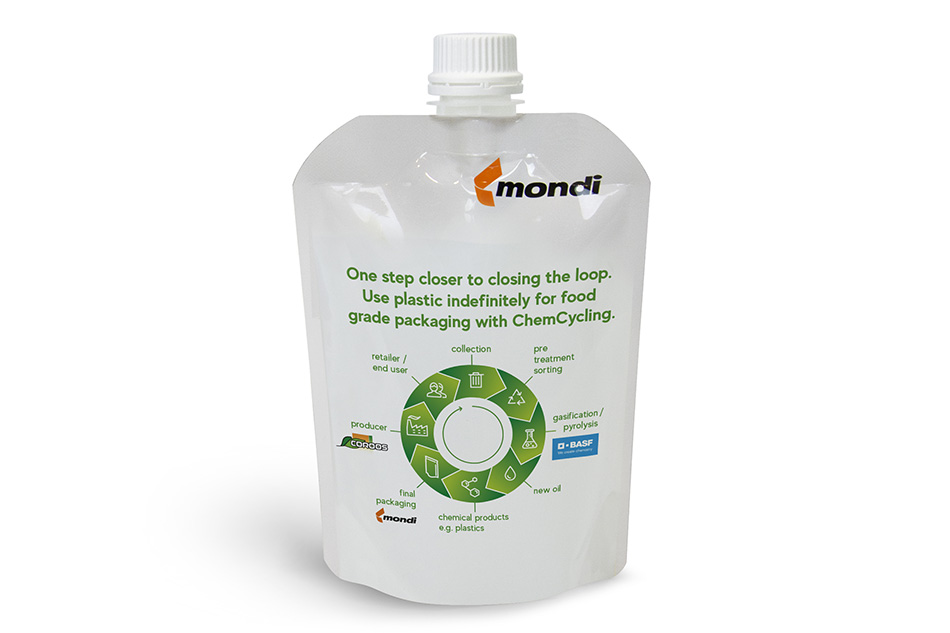Companies using microwaves to depolymerize PET and PS report equipment advancements, and a startup is blending RPET and nylon to create a pellet with enhanced strength.
Purified PP: PureCycle Technologies, a company that licenses a PP recycling and purification technology from Procter & Gamble, has signed a deal with packaging manufacturer AptarGroup. PureCycle’s technology removes color, odor and other contaminants from recycled PP. Over the next three years, Aptar, which makes packaging and dispensing caps and lids for packages, will provide detailed feedback on the processing of the recycled PP into its products, according to a press release. The company will also help PureCycle’s plastic meet European food-contact requirements. Bloomberg recently published photos showing parts of PureCycle’s feedstock evaluation unit facility in Ohio.
Nuking PET scrap efficiently: The Depolymerization by Microwave Technology (DEMETO) project says researchers have modeled how microwaves heat scrap PET in their reactor, part of an effort to optimize the system’s design. Based in Switzerland, the European Union-supported project uses microwaves to break down scrap PET into its building-block molecules, which can be used to make new plastic. According to a September project update, the University of Applied Sciences and Arts of Southern Switzerland (SUPSI) performed simulations of electromagnetic behavior in the DEMETO reactor to determine how the scrap PET-based mixture heats throughout the process. Anyone who has ever heated food in a microwave oven knows it can result in uneven heating. The goal of the SUPSI effort is to allow project backers to pick reactor designs – and then optimize them – that ensure even heating of material with a minimal use of energy.
Distillation column installed: Speaking of microwave-assisted depolymerization, Quebec-based startup Pyrowave reports it finished installing a distillation column that helps generate more than 95%-pure PS monomers. The monomers, which come in the form of a clear liquid, can then be used to make new PS. According to Pyrowave, which operates a pilot plant in Salaberry-de-Valleyfield, Quebec, the chemical recycling process uses 15 times less energy than producing polystyrene from virgin resources.
Additive to enhance RPET: A Georgia startup is using an additive to blend recycled PET with nylon to create a pellet designed to compete with nylon 6. Waste360 reports Nyltec Polymers is using a compatibilizer, which gives the pellets tensile and flexural strength on par with nylon even though they’re 90% RPET (compounder Advanced Color Technologies is blending PET pellets with the additive). One of Nyltec’s customers is injection molder TechTank, which makes parts for the automotive, plastic fastener and consumer goods markets. A TechTank leader told Waste360 the company’s customers like the price advantage the modified PET has over nylon.
Mixed streams to new packaging: Eastman recently unveiled products developed through a couple of its recycling technologies: carbon renewal technology (CRT), a gasification process, and advanced circular recycling (ACR), a methanolysis process. CRT converts post-consumer mixed plastics into simple molecules, which the chemical company uses to make its product, including a plastic called Trēva. Plastics Recycling Update covered the carbon renewal technology in more depth in April 2019. ACR is used on scrap polyesters to derive their chemical building blocks, which Eastman uses in The Glass Polymer family of cosmetic plastics, such as Eastman Cristal EV600. Eastman showcased the plastic packages at the recent Luxe Pack Monaco show.
To receive the latest news and analysis about plastics recycling technologies, sign up now for our free monthly Plastics Recycling Update: Technology Edition e-newsletter.







